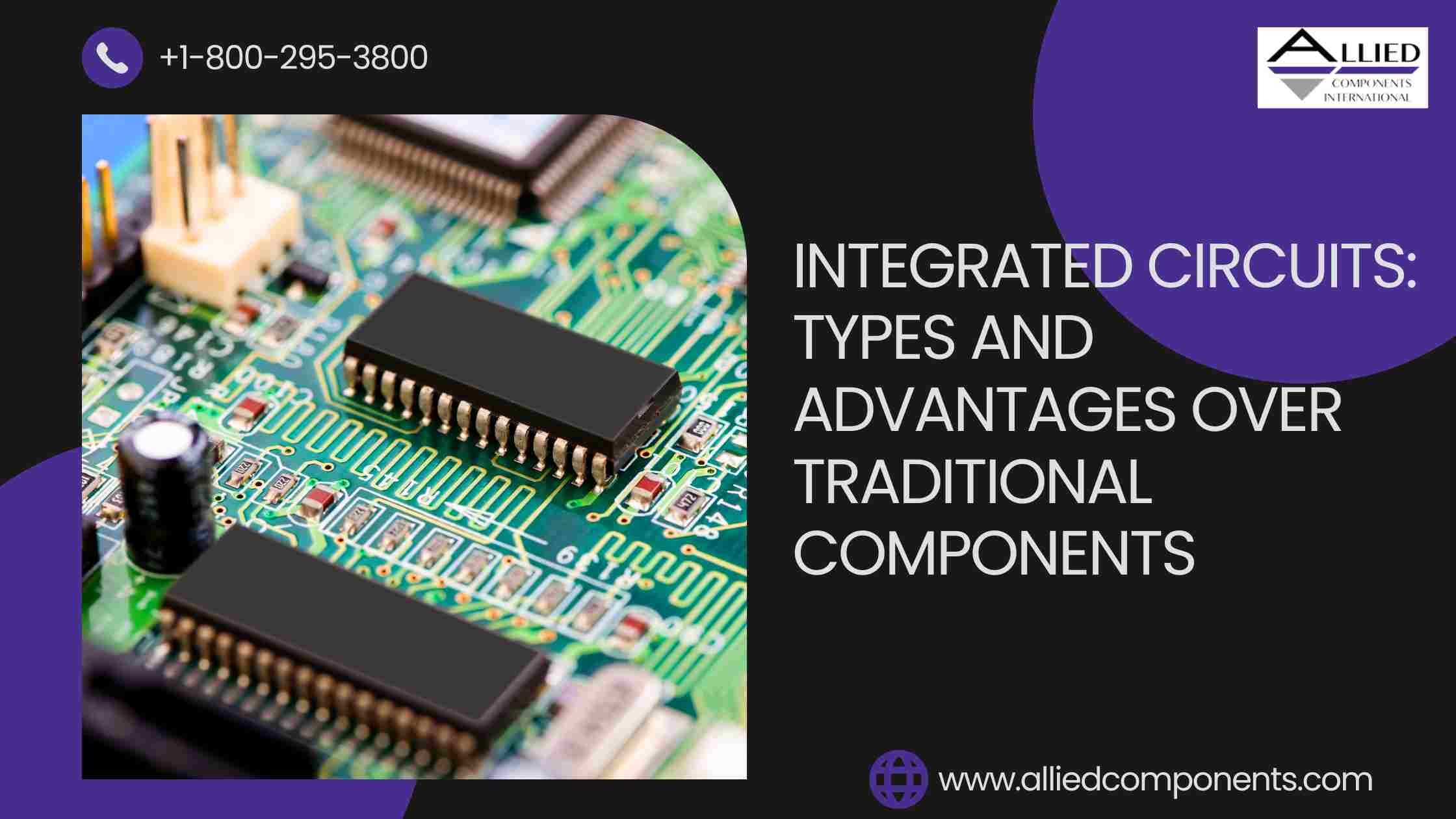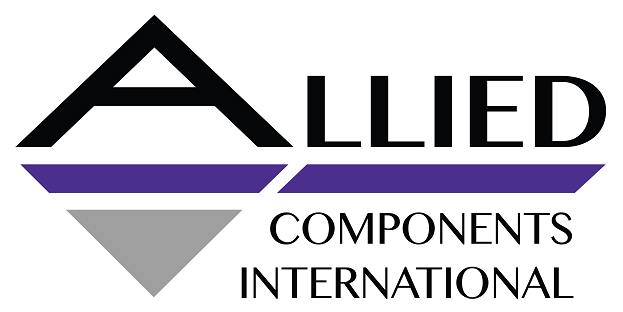Integrated Circuits: Types and Advantages Over Traditional Components

In recent years, the use of integrated circuits has grown exponentially due to their low cost, high performance, and scalability. According to a recent report, the global market for integrated circuits is expected to grow from $389.31 billion in 2022 to $427.02 billion in 2023 at a compound annual growth rate (CAGR) of 9.7. In this article, we will explain what integrated circuits are, their types, and the advantages of using them.
What Is an Integrated Circuit?
An integrated circuit (IC) is a type of semiconductor device that contains a number of transistors, diodes, and other components connected together on a single chip. They are typically made up of two layers of silicone, which is a type of semiconductor material. The top layer is where the transistors and other components are arranged, while the bottom layer is a substrate that supports the components and provides electrical connections between them. The components of an integrated circuit interact with each other to create complex electrical and electronic products. They can be used to create a variety of products such as computers, consumer electronics, and medical equipment.
Types of Integrated Circuits
There are a number of different types of integrated circuits that can be used to create a variety of products. The most common types of ICs include:
- Linear Integrated Circuits - These are used to amplify and condition analog signals. They are typically used in audio amplifiers and power supplies.
- Digital Integrated Circuits - These circuits store and process digital information. They are typically used in computers, cell phones, and other electronic devices.
- Analog Integrated Circuits - These circuits are used in processing analog signals. They are typically used in radio receivers and TV sets.
- Mixed-Signal Integrated Circuits - These can process both analog and digital signals. They are typically used in medical imaging equipment and satellite communications systems.
- Application Specific Integrated Circuits (ASICs) - These are designed to perform specific tasks, such as controlling motors or reading sensor data. They are typically used in robots, automobiles, and industrial equipment.
- Programmable Logic Devices (PLDs) - These are programmable integrated circuits that can be used to create custom logic functions. They are typically used in industrial automation systems.
Also Read - How to Choose the Perfect Aluminum Electrolytic Capacitor
Advantages of Integrated Circuit
Integrated circuits offer a number of advantages over traditional discrete components. They include:
- More Durable and Reliable:
They are typically more reliable, require less power, and are easier to manufacture. Additionally, they can be used to create complex products that would otherwise be difficult to achieve with discrete components. - Cost Effective:
Integrated circuits also offer a number of cost benefits. They are usually much less expensive than discrete components, and their small size allows them to be used in a wide range of applications. In addition, integrated circuits can be mass-produced quickly and cheaply, making them ideal for large-scale production. - More Versatile:
Finally, integrated circuits are very versatile. They can be used to create a variety of different products, from basic logic gates to complex microprocessors. This makes them ideal for a wide range of applications, from consumer electronics to medical equipment.
Also Read - Understanding Capacitor Leakage Current and How to Reduce It
Conclusion
Integrated circuits offer a number of advantages compared to traditional discrete components, such as increased reliability, lower power consumption, and easier manufacturing. They also offer a number of cost benefits, such as lower costs and faster production times, making them ideal for a wide range of applications. Therefore, they can be a great alternative to traditional components for making several electronic devices.
Get the Best Integrated Circuits at Allied Component International
At Allied Components International, we specialize in the design and manufacture of custom-made integrated circuits. Our team of experienced engineers can help you create the perfect IC for your application. Contact us today to learn more!


